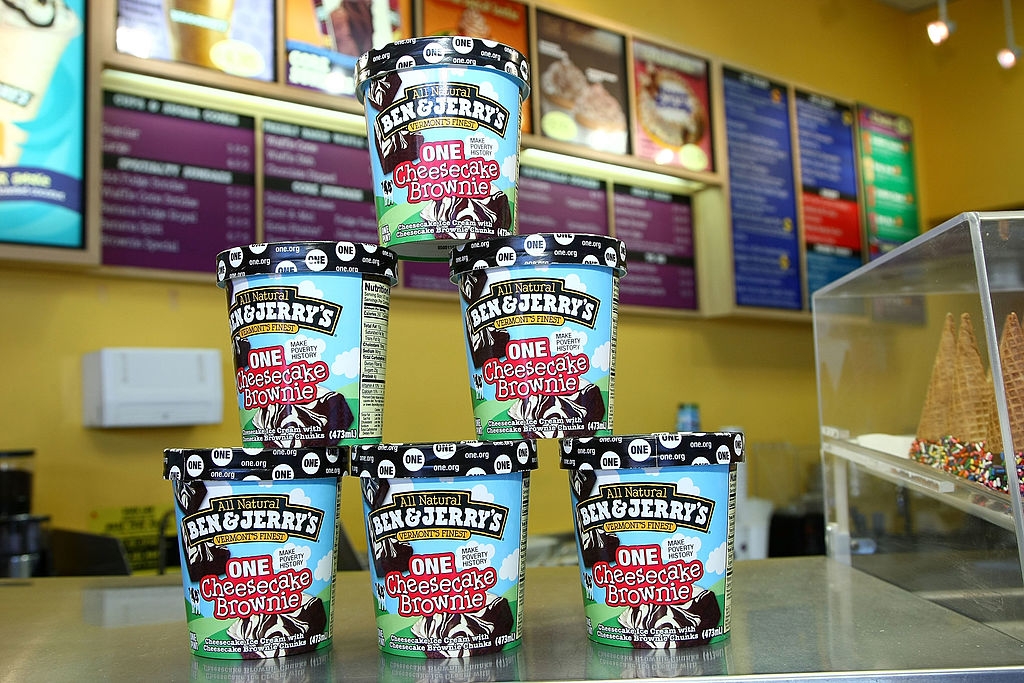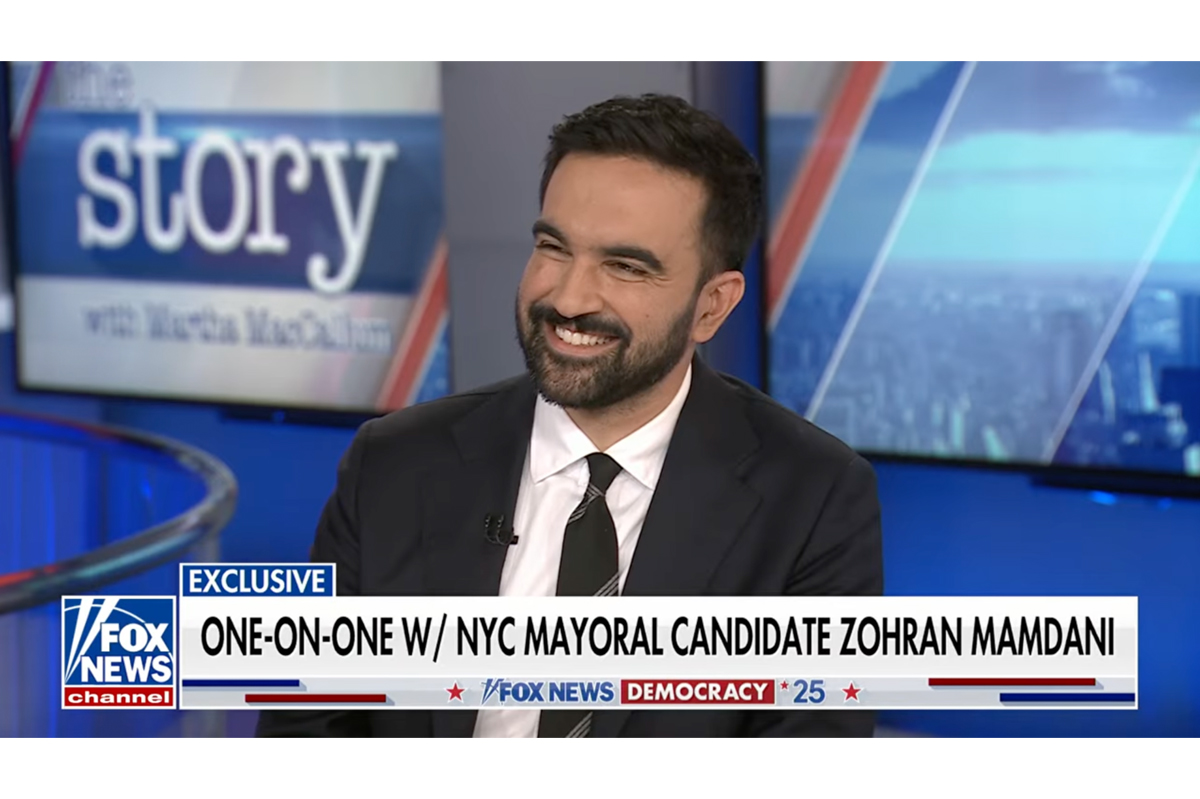When this chapter in America’s history of its struggle against racism is written, two names will stand out among all the others: Ben and Jerry. Or at least that seems to be what the ice-cream company hopes, given the somewhat bizarre statement that it issued this week.
In response to the brutal killing of George Floyd by police in Minneapolis, and the protests and riots that continue to roil the United States, this peddler of sickly sweet desserts proclaimed: ‘We must dismantle white supremacy. Silence is NOT an option.’ It says that nothing will change ‘until white America is willing to collectively acknowledge its privilege, take responsibility for its past and the impact it has on the present’.
Whether or not you agree with the drift of this, the weirdness of a corporate giant coming out and saying it shouldn’t escape us, even though such interventions have become more and more common of late.

Ben & Jerry’s has some form here. It was set up by two Vermont hippies and always had a homespun, right-on image. But despite being owned by multinational food giant Unilever since 2000, it has continued to weigh in on various issues. In 2017, it banned the sale of two scoops of the same flavor in its Australian shops as part of a push for gay marriage. And in 2018, it put out a ‘Pecan Resist’ flavor in a not-so-subtle swipe at President Trump.
Meanwhile, more and more companies have been jumping on political bandwagons. Last year, Gillette put out an advert-come-lecture about the evils of so-called ‘toxic masculinity’, changing its slogan from ‘the best a man can get’ to ‘the best a man can be’, and demanding that men step up and stop being ogling, groping, heteronormative monsters. Barclays Bank was the headline sponsor of London’s Gay Pride parade for five years running. And for last year’s Pride, Budweiser released a series of beer cups, bearing the flags of various different sexual minorities, including the asexual community.
But over the past few days, woke capitalism has reached new heights. The iTunes store had a ‘blackout’ yesterday, in ‘solidarity with black communities everywhere’. Amazon put out a statement condemning the ‘inequitable and brutal treatment of black people’. Log in to Spotify right now and one of the first things you’ll see is its Black Lives Matter playlist. It has also put an eight-minute, 46-second ‘track of silence’ in some playlists and podcasts as a reminder of the length of time George Floyd was suffocated by the knee of Minneapolis cop Derek Chauvin.
The jury is out on whether such posturing is good or bad for the bottom line. Gillette razor sales plunged after its controversial ad campaign (owner Procter & Gamble put this down to the rising popularity of beards). But Nike’s equally controversial campaign with Colin Kaepernick, the quarterback drummed out of the NFL for ‘taking a knee’ during the national anthem in protest against police brutality, was chalked up as a big success. I tend to think that whereas these brands seem to think the stance they take as a company is so incredibly important, many consumers couldn’t care less.
But it is still highly irritating and reflective of a capitalist class increasingly gripped by the conviction that it must lecture as well as serve customers. It’s also hard not to see a lot of this as a thin cover for the kinds of exploitation many of these companies are engaging in, whether it be the conditions of Amazon workers or the fact that Spotify continues to pay many of its artists (black, white and otherwise) a pittance.
Indeed, that woke politics can so easily be co-opted by big business speaks to how fundamentally unthreatening it is. In response to injustices like that which befell George Floyd, we are not expected to enter into a robust debate about how to improve the lot of those at the bottom rung of society. We are invited to share hashtags, mouth platitudes and signal our virtue. We’ve heard a lot in recent days about historical pain, but precious little about what comes next.
This virtue-signaling is no threat to the rich and powerful. It costs them nothing. Which is at least part of the reason why they’ve embraced it with such glee.
This article was originally published onThe Spectator’s UK website.

























